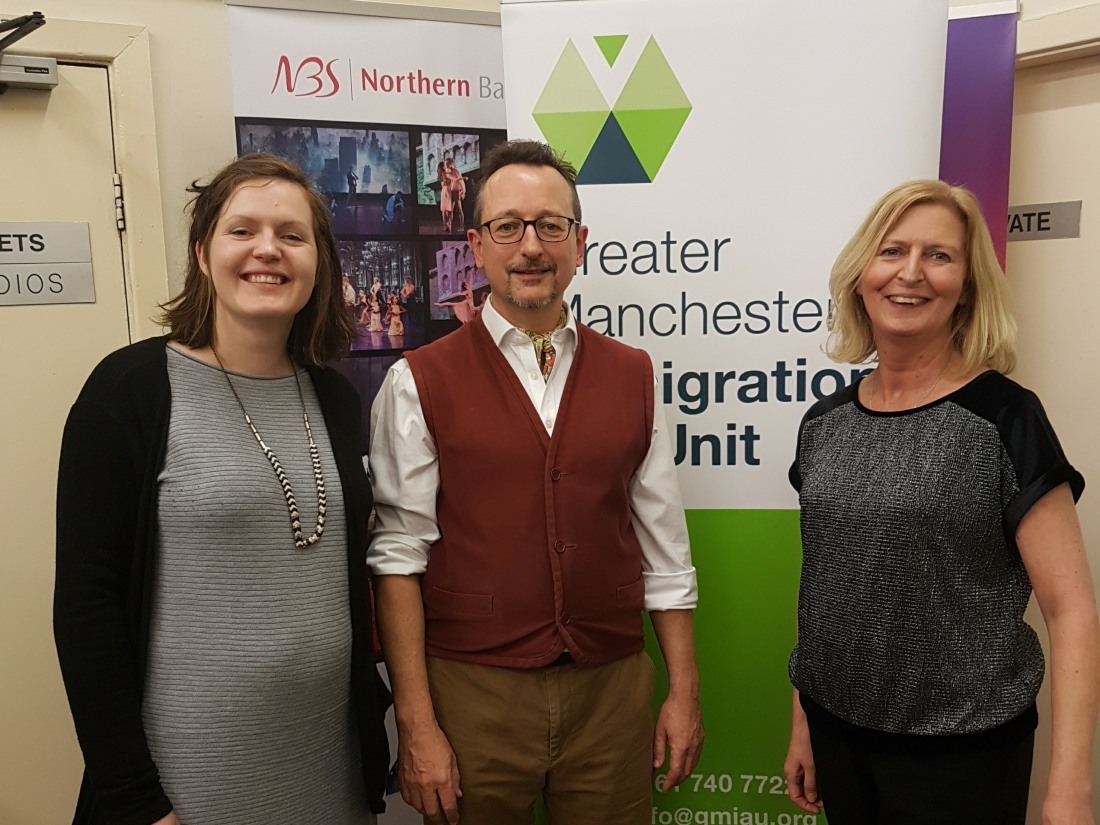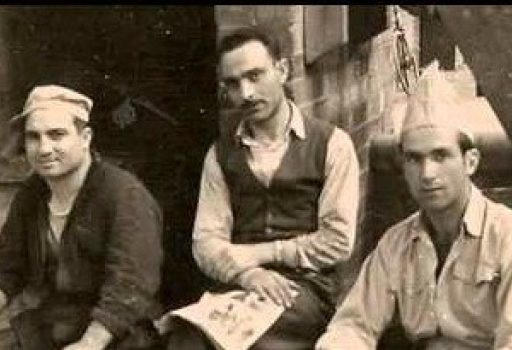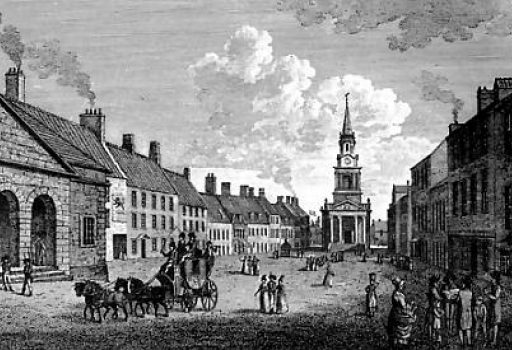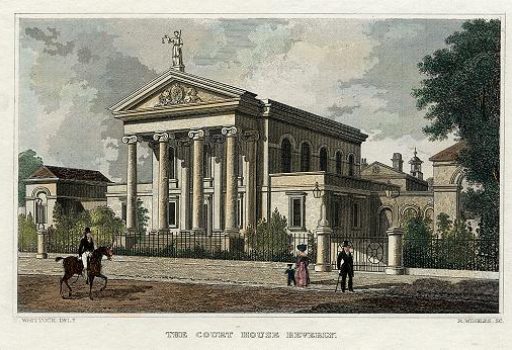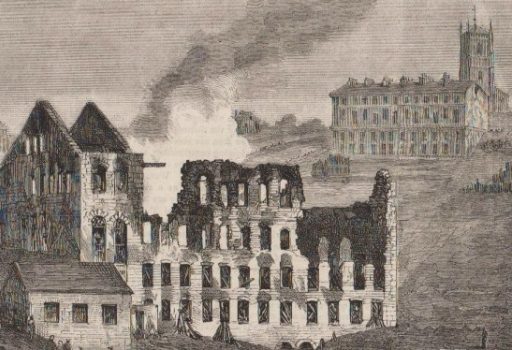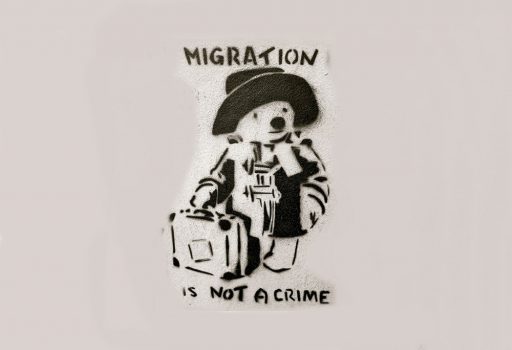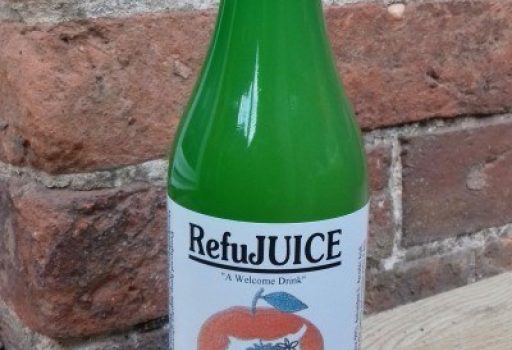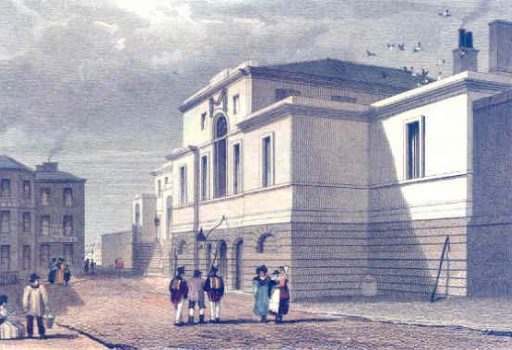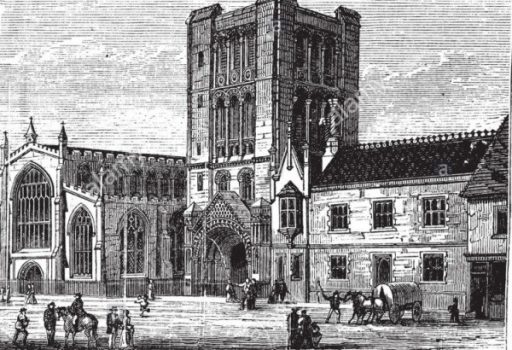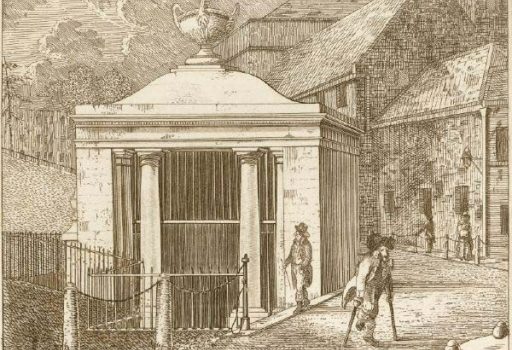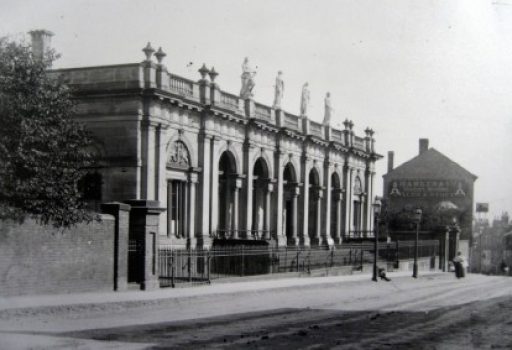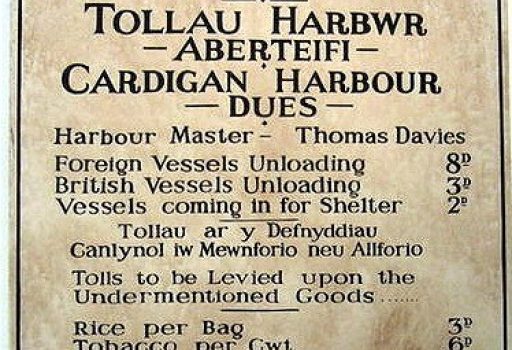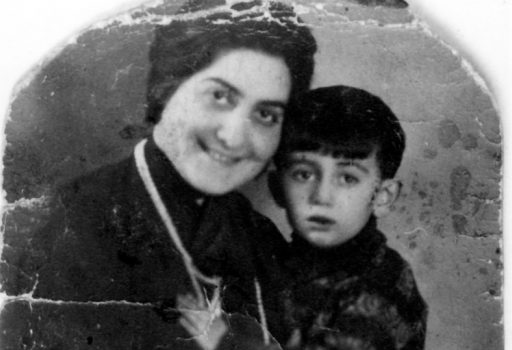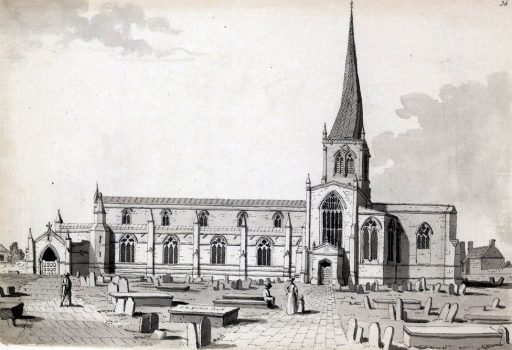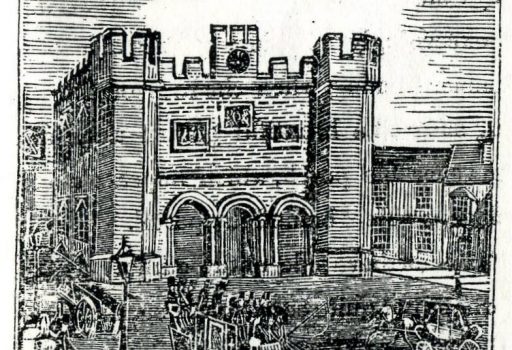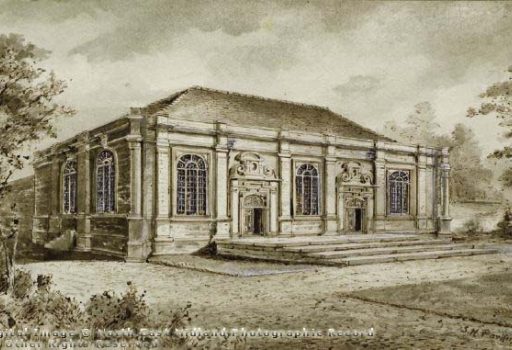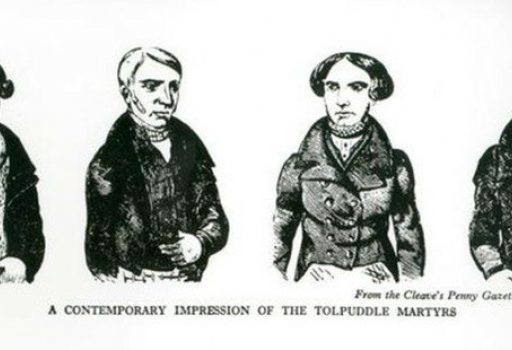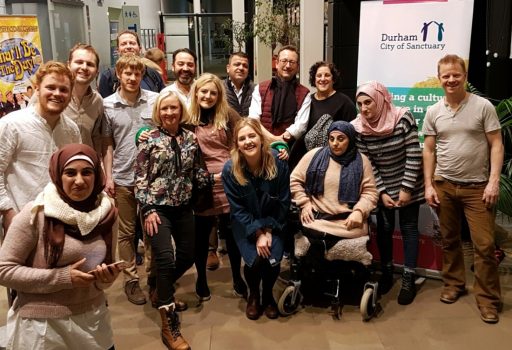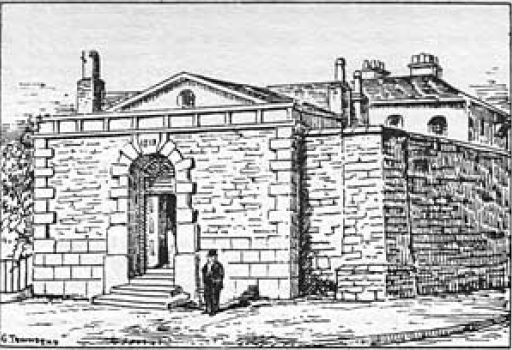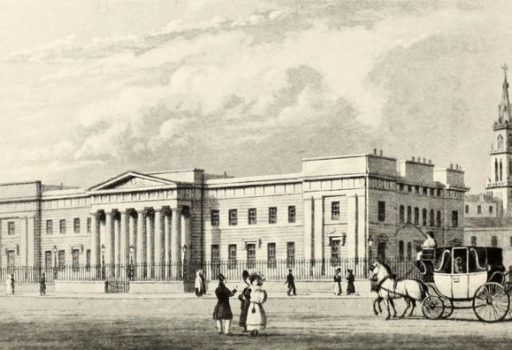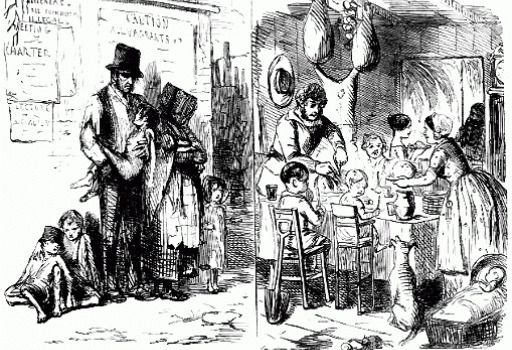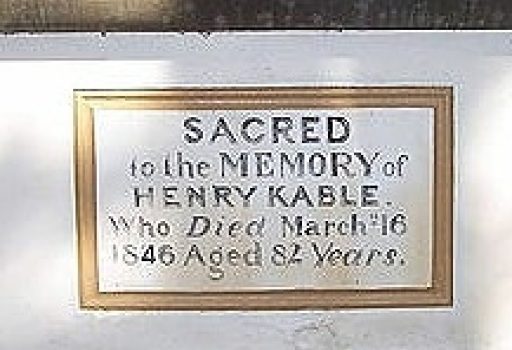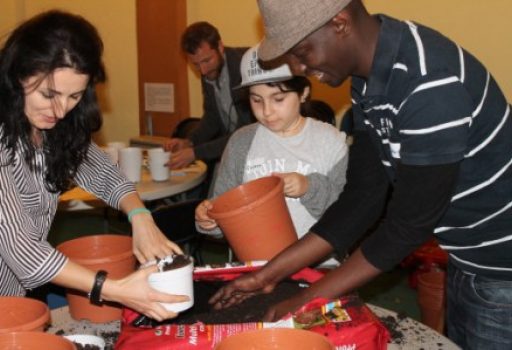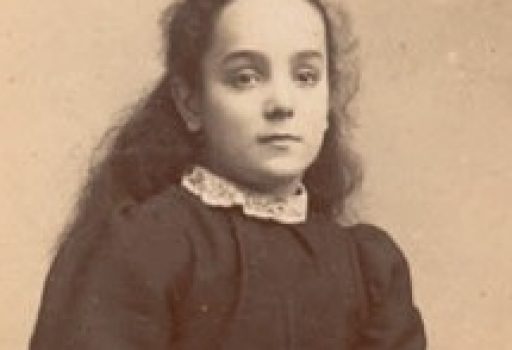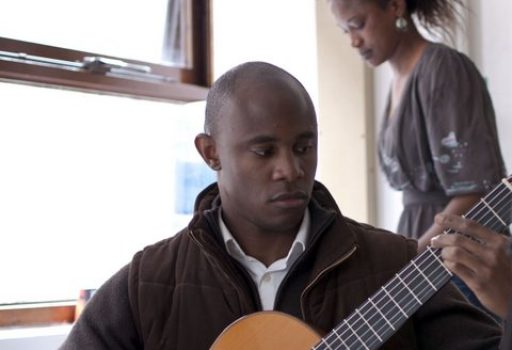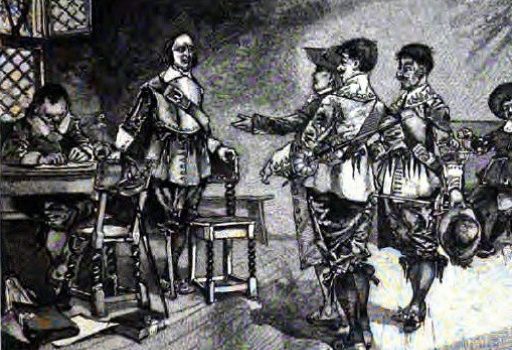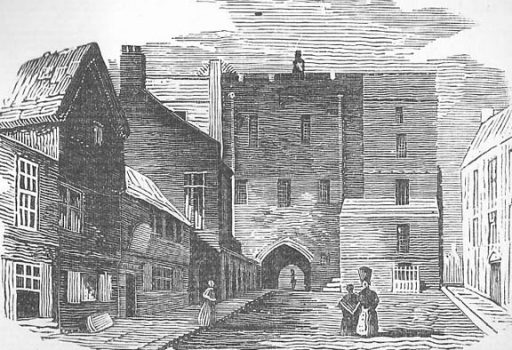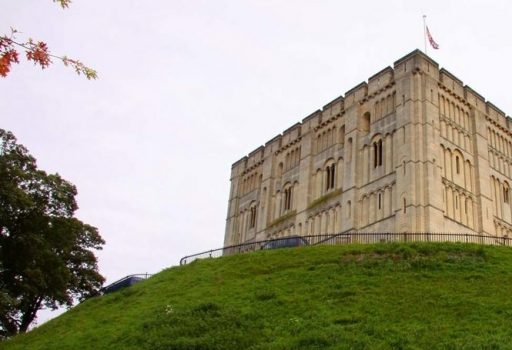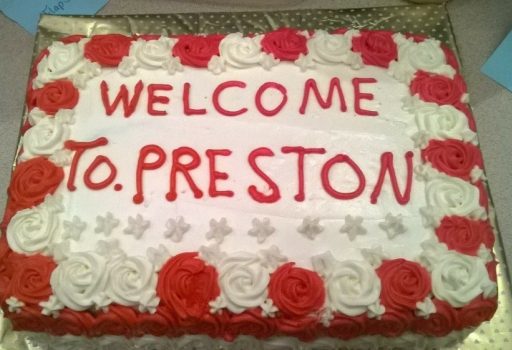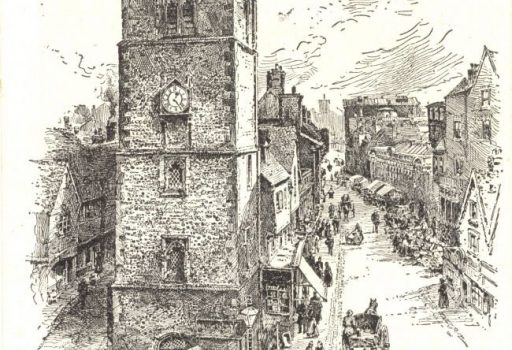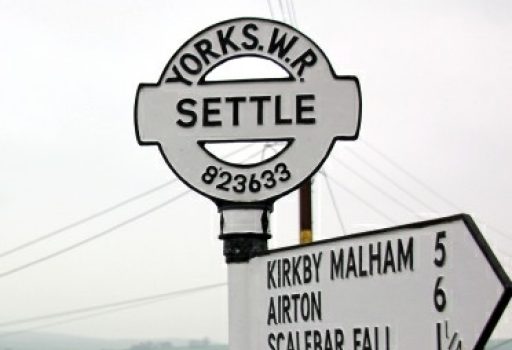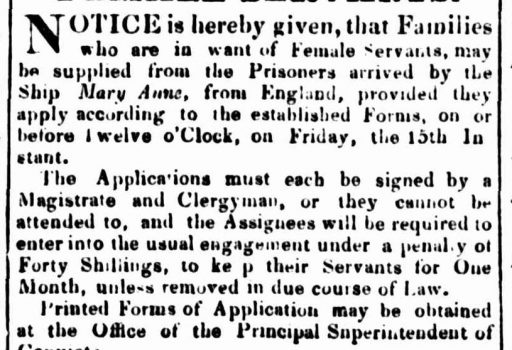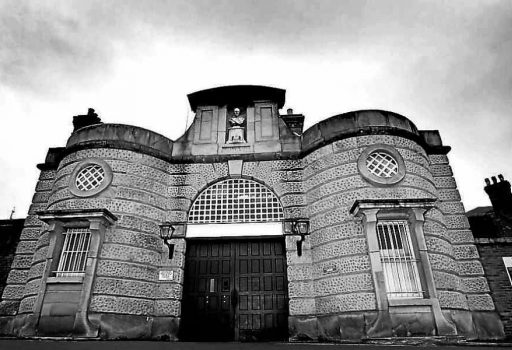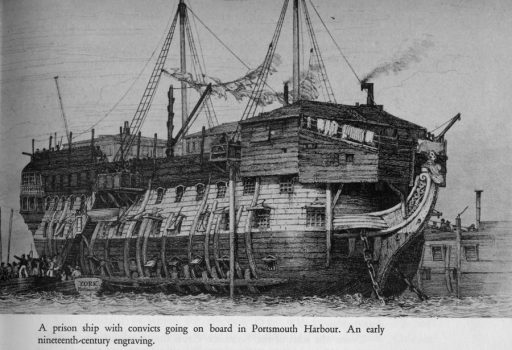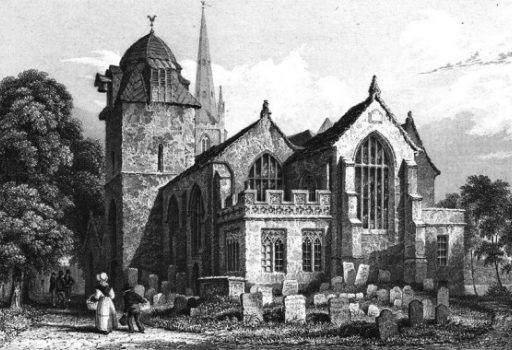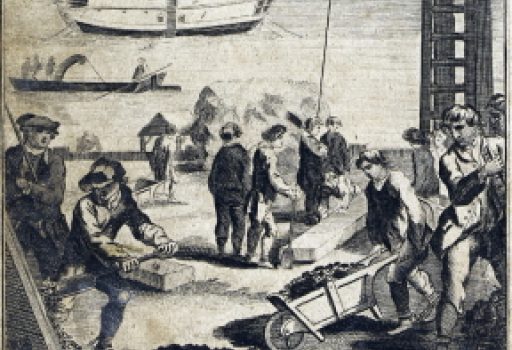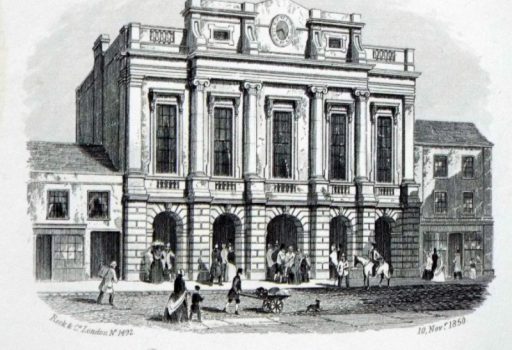Siblings ISABELLA and THOMAS OLDFIELD were tried in Manchester in 1786 for stealing three pieces of cloth worth one shilling. Both received a seven year sentence and sailed with Henry Kable and Susannah Holmes of The Transports on the Friendship. Isabella died within a month of arriving in Sydney. Her brother Thomas was soon promoted to the Night Watch at Port Jackson. In 1793 he sailed for Bengal. Presumably he’d gained his Ticket of Leave and now sought work in another colony.
Also on the Friendship, and also convicted in Manchester of stealing a handkerchief worth one shilling, was twenty-year-old ELIZABETH THACKERY. Not seemingly a model prisoner, she was several times placed in irons during the voyage. In 1810 she married Samuel King, a Sussex man on the First Fleet, and lived until 1856.
JOSHUA TAYLOR of Manchester sailed on the Alexander in the First Fleet, serving seven years for stealing a handkerchief worth one shilling. He was sixteen when convicted.
Quarry Bank Mill at Styal preferred to use child labour for it was cheaper to find and house – and didn’t need paying. At first, the owner Samuel Greg sourced children locally, from Wilmslow, Macclesfield and Manchester. But he needed more, and started buying them from workhouses from as far afield as London – an aspect of migration into the area. Textile mills were hungry for child labour in the late 18th and early 19th centuries. Factory owners often bought children from orphanages and workhouses. Such ‘pauper apprentices’ represented a third of the labour within the cotton industry. The children had few rights, and effectively became the property of the mill. Styal treated its children better than most factories, but conditions were still brutal. For example, JOHN ELLIS was here indentured to spin for twelve hours a day, six days a week. Read more here.
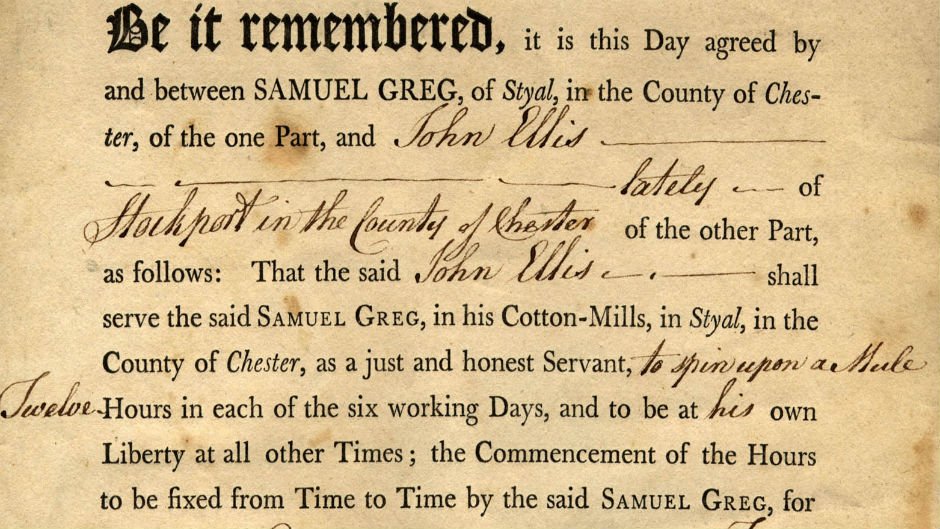
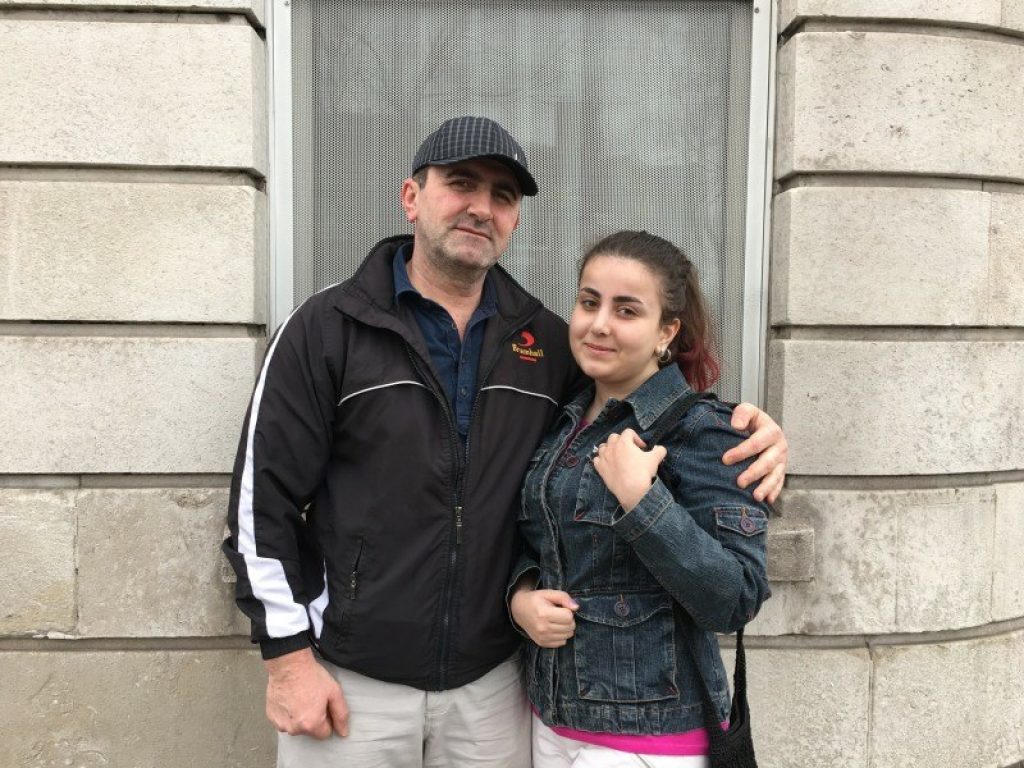
Our partner in action
Reuniting families who have been torn apart is one of the dayjobs for Greater Manchester Immigration Aid Unit (GMIAU), our partner in Manchester. This remarkable organisation has spent over quarter of a century helping thousands of people subject to immigration control. It offers free legal advice, representation and support services to people seeking asylum, refugees, children and vulnerable adults. Though powerful in its work, GMIAU remains a voluntary organisation, hugely dependent upon public support. Its website charts fascinating stories about some of the people it has helped – and who in turn have helped Britain by arriving here to live and work.
JOSEPHINE was only 6 years old when both her parents were killed in Angola’s civil war. She thinks they were shot by the police. She was taken in by an orphanage but, not long afterwards, this was attacked by the police and burnt down. Realising that Josephine was in danger, a priest made arrangements for her to be brought to the UK. The man who brought her abandoned her outside the Home Office in Liverpool. When Josephine applied for asylum, the Home Office did not believe that she was only 14 years old. Thanks to the help of GMIAU, our partner in Manchester, Josephine has been granted refugee status and allowed to stay permanently in the UK.
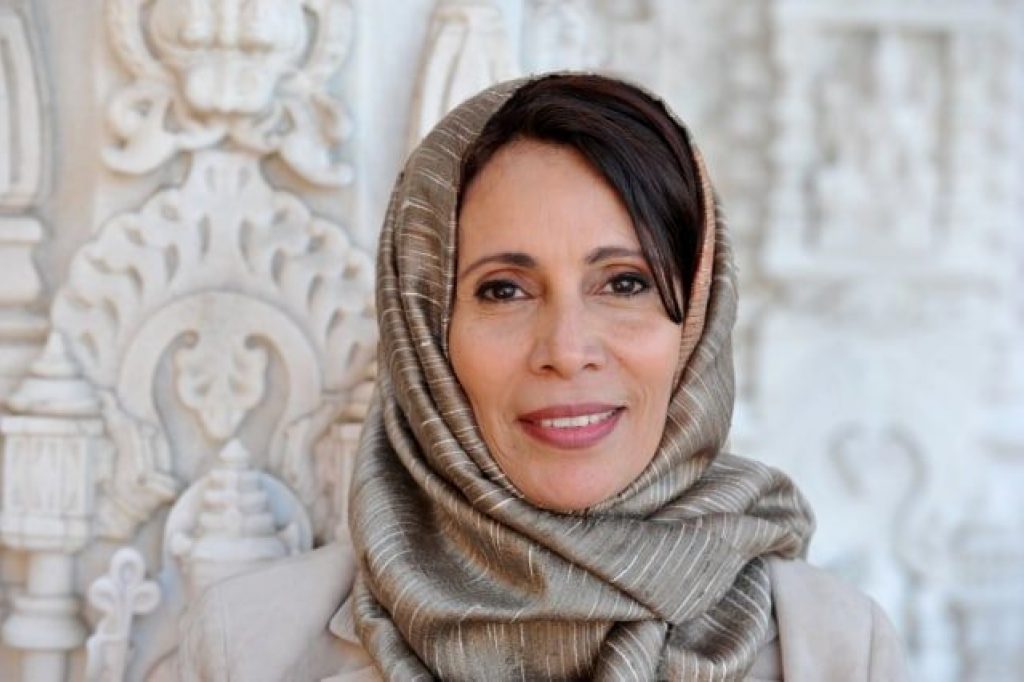
EMAN MASHEBAR was more vulnerable than many in Yemen. She not only worked with victims of trafficking, but her sister was involved in politics. When her son was kidnapped and tortured, but fortunately freed, she decided to leave. She made it to Lancashire. Her daughter has started college in Manchester.
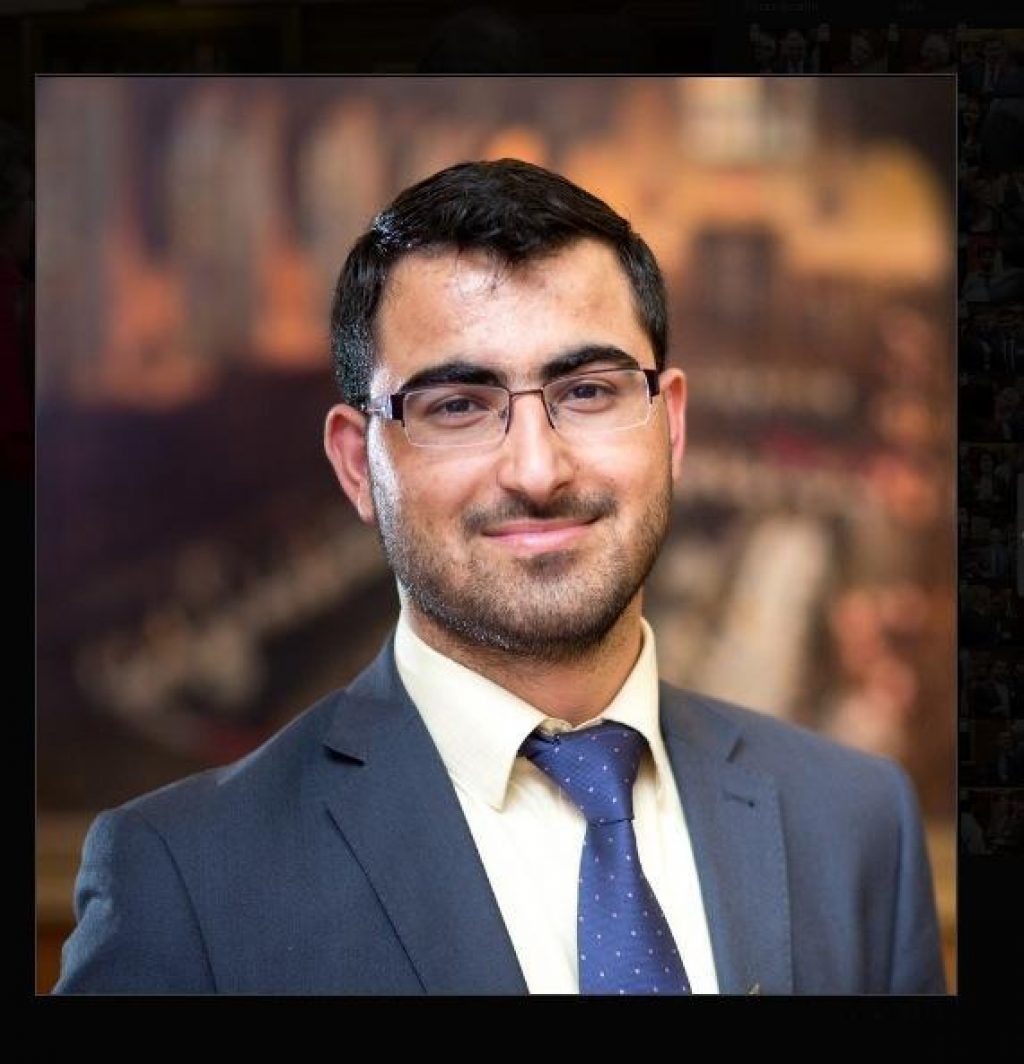
GULWALI PASSARLAY had witnessed more than any thirteen-year-old should have to, when he arrived in Britain on a banana lorry. The Afghan boy had already tried to board over a hundred lorries in Calais. It had been over a year since his mother handed him over to traffickers in Pakistan. She’d taken this desperate action as the Taliban were insisting the boy join them since his doctor father had been killed by US forces in eastern Afghanistan. The year’s journey involved jail in Bulgaria and Iran, and a hideous boat crossing to Greece. When Gulwali arrived in Britain, ravaged by the journey, the authorities refused to believe he was 13, claiming instead he was 18 and so less deserving of state aid. Fortunately Gulwali found his brother and went to live with him in Bolton. Teachers at a school for migrant children called Starting Point helped him persuade the Home Office of his true age, which enabled him to get foster parents. Thence he got 10 GCSEs, five A levels and a degree from Manchester University. He has been very active in the Bolton community and has recently published his life story.
At our Manchester concert we were really pleased to partner with the Greater Manchester Immigration Aid Unit.
